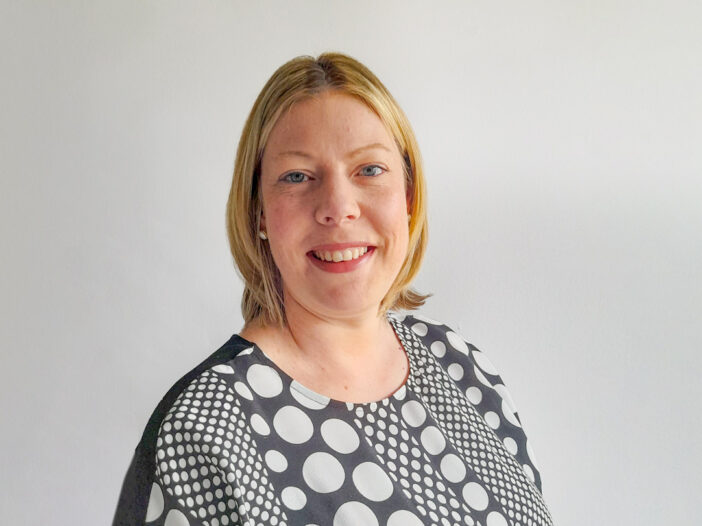
Part of our vision is to be so important to our clients. Our teams in the healthcare sector play a crucial role in maintaining a clean, safe environment for patients and visitors. Our people understand their role in lowering HCAI rates and keeping everyone safe.
To mark World Hand Hygiene Day 2022, IPC Nurse Specialist, Emma Power, discusses the importance of hand hygiene etiquette and how teams across our healthcare sites are doing their part to ‘Unite for Safety: Wash your Hands’
“Part of my role as IPC Nurse Specialist for Bidvest Noonan is to ensure our cleaning and security teams across our acute and non-acute healthcare sites receive up-to-date, evidence-based, training to equip them with the skills needed to comply with Health Information and Quality Authority (HIQA) standards. These skills are important and a requirement to work in a healthcare facility as laid out by The Health Protection and Surveillance Centre (HPSC).
Healthcare Acquired Infections (HCAIs) are infections acquired by patients during their stay in hospital. One easy, effective way of preventing HCAIs is by implementing and maintaining Hand Hygiene measures to keep those around us, particularly vulnerable patients, safe.
The World Health Organisations ‘5 Moments of Hand Hygiene’ were developed to guide practice and ensure hand hygiene is performed at the right moments to prevent harm. I help ensure this advice is adhered to across our sites to prevent and control infection.
We engage with our teams through continuous assessments, toolbox talks, and on-site education, so they are performing hand hygiene with the right technique, right product, and at the right time. Our managers, trainers, and supervisors on-site constantly emphasise the importance of hand hygiene and ensure the participation of all staff in creating and maintaining a safe environment in which to work or be treated.
Evaluation of the effectiveness of our education programmes and practices are reflected through audits conducted both internally by Bidvest Noonan and externally by hospital IPC teams. Audit results are fed back to our teams on-site showing compliance levels and highlighting areas for improvement.
Hand hygiene is the cornerstone of good care. As a nurse, I have seen the devastating consequences on patients in hospitals from just one missed moment of Hand Hygiene etiquette from when cross-contamination occurs, to when infection sets in. Hand Hygiene has never been easier. The availability of alcohol-based hand gels and foams has made hand cleaning easily accessible at the point of care. They are quicker to use, skin-friendly, and more efficient at killing the majority of microorganisms which can cause infection. Soap and water when needed are also more readily accessible throughout facilities, giving our staff choice and opportunity to perform Hand Hygiene effectively. The excuse of not having enough time, or not being able to find a sink for preventing staff from washing their hands, is no longer valid or acceptable.
The Covid-19 pandemic highlighted the importance of Hand Hygiene, and how it can prevent the spread of infection and save lives around the world. It emphasised the responsibility we all have, to keep each other safe. As we learn to live with Covid-19, we must use its teachings to embed a culture of effective hand hygiene in our practice every day. By understanding its importance and making it a part of our culture we will achieve long-lasting compliance across all our teams.
The safety of patients is paramount, and the effects of poor or ineffective hand hygiene must be at the forefront of our minds every time we walk into one of our healthcare facilities.
